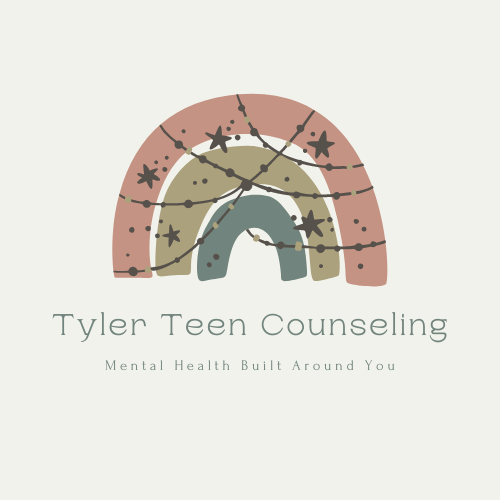What is Depression?
Depression is a mental health disorder characterized by persistent feelings of sadness, emptiness, and a loss of interest or pleasure in activities. It is more than just experiencing occasional sadness or feeling down; depression affects a person's thoughts, emotions, behavior, and overall functioning. Depression is a complex and often misunderstood mental health condition that has become prevalent in today’s society.
Some of the common symptoms of depression are:
Persistent feelings of sadness, hopelessness, or emptiness
Loss of interest or pleasure in activities once enjoyed
Changes in appetite
Sleep disturbances, such as insomnia or excessive sleeping
Fatigue or loss of energy
Feelings of worthlessness or excessive guilt
Difficulty concentrating, making decisions, or remembering things.
Restlessness, or slowed movements.
Recurring thoughts of death or suicide.
Each of these symptoms can vary from person to person. It can be caused by a combination of genetic, biological, environmental, and psychological factors. Traumatic life events, chronic stress, certain medications, and underlying medical conditions can also contribute to the development of depression. It is treatable through counseling, medication, lifestyle changes, and support from a strong social network.
Counseling is an essential and effective treatment option for individuals dealing with depression. It provides a safe and supportive environment where individuals can openly express their feelings, thoughts, and concerns with a trained professional. Here are some key aspects of counseling for depression:
Therapeutic Relationship: Counseling establishes a therapeutic relationship between the individual and the counselor. This relationship is built on trust, empathy, and confidentiality, providing a non-judgmental space for the individual to share their experiences.
Emotional Support: Counselors offer emotional support, validating the individual's feelings and experiences. They help individuals explore and understand the underlying causes of their depression, identify triggers, and develop coping strategies.
Psychoeducation: Counselors educate individuals about depression, its symptoms, and how it affects their lives. Understanding depression can help individuals gain insight into their experiences and reduce self-blame or stigma.
Goal Setting and Problem-Solving: Counselors assist individuals in setting realistic goals and developing strategies to overcome challenges. This can include addressing issues related to relationships, work, self-care, and lifestyle changes that may contribute to depressive symptoms.
Supportive Techniques: Counselors may employ various techniques to promote emotional well-being, such as relaxation exercises, mindfulness, stress management, and self-care strategies. These techniques help individuals develop healthy coping mechanisms and manage stress effectively.
It is important to find a qualified and licensed counselor or therapist experienced in working with depression. They can provide personalized guidance and support tailored to the individual's needs. Additionally, counseling can be combined with other treatment approaches, such as medication or lifestyle changes, for comprehensive care.
Remember, seeking counseling for depression is a proactive step towards better mental health. It can provide valuable insights, coping skills, and support necessary to navigate the challenges of depression and work toward recovery.
